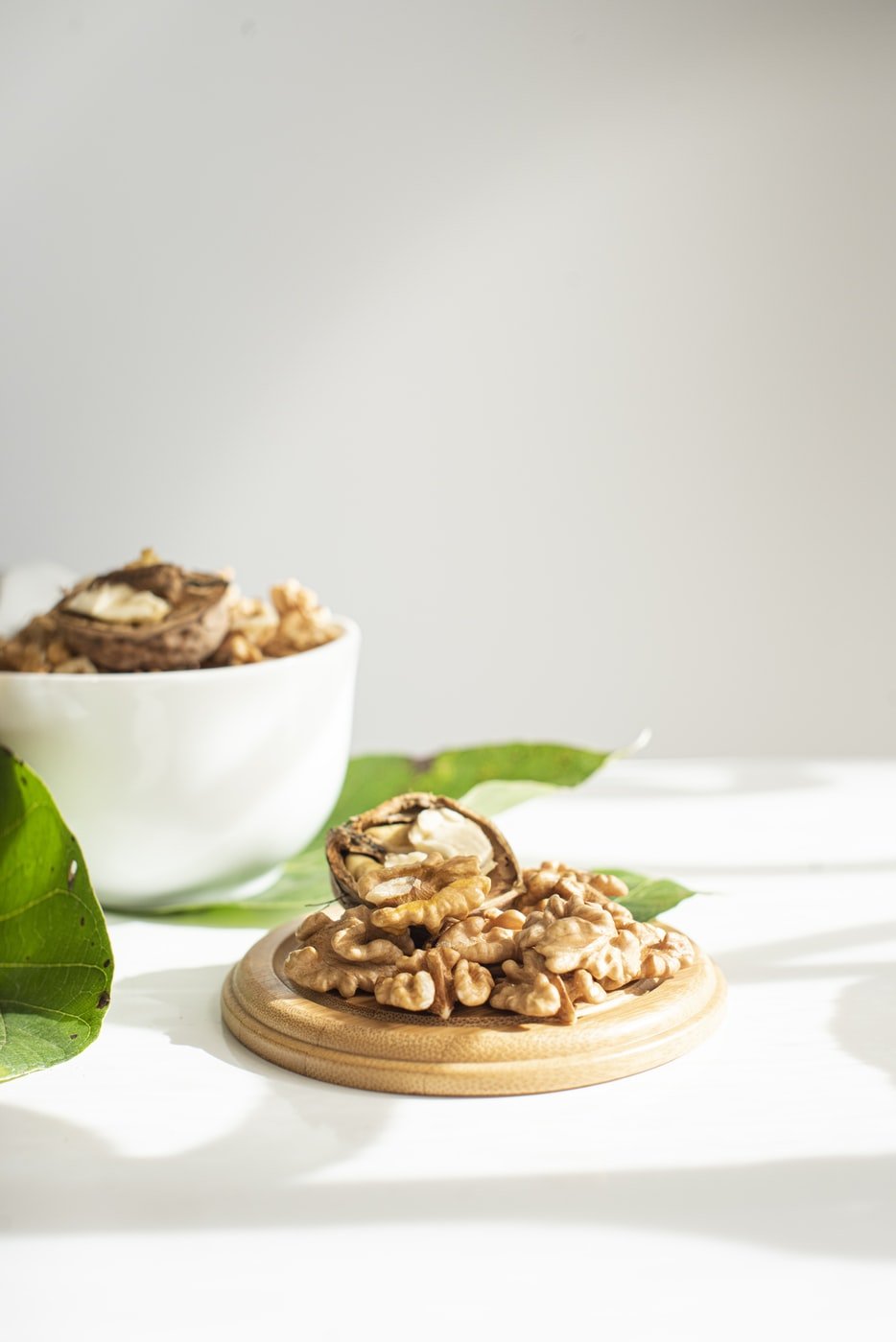How to Eat for Optimal Brain Health
Cognitive decline is not your destiny. It’s simply not true that losing your mind as you get older is inevitable; it can be prevented! If you’re already struggling, there are numerous ways to support your brain and empower it to heal, so don’t lose hope.
Eat your Bs!
B vitamins, such as B12, are essential for proper cell communication as well as neurotransmitter and nerve cell production in the gut and brain. Bs are also necessary for energy production and can support those with anxiety and depression. Additionally, they’re needed for hormone balance and a healthy metabolism.
Best Sources of B Vitamins:
Organ meats
Grass-fed beef
Organic chicken
Free range eggs
Avocados
Nuts and seeds
Beans and legumes
Get Enough Essential fats
Eating plenty of healthy fats is well known for its neuroprotective effects. Essential fatty acids like EPA and DHA have anti-inflammatory benefits for not just the brain and nervous system, but for the heart, gut microbiota, skin and more. The average person consumes far too many omega-6 fatty acids from conventional animal products, as well as rancid seed oils like canola, soybean, corn and cottonseed, which are found in nearly all processed foods.
Foods Rich in Healthy Fats:
Wild-caught alaskan salmon (farmed contains toxins and will not have the same benefits)
Wild-caught sardines
Raw, unheated nuts and seeds like walnuts, pumpkin seeds, almonds, sunflower, sesame and hemp hearts.
Grass-fed/grass-finished beef (conventionally-raised meats are pro-inflammatory and I do not recommend them)
Organic, free-range egg yolks for healthy dietary cholesterol
Coconut oil for brain-supportive saturated fat
Avocados
Vitamin D3 for Brain Health
Vitamin D, also known as the sunshine vitamin, is actually a hormone. Vitamin D plays an essential role in brain health, with studies demonstrating neuroprotective effects against brain degeneration associated with Alzheimer’s disease. D3 MUST be supplemented, especially during the winter months, as our skin cannot synthesize it without the sun. Even if your diet contains vitamin D-rich foods like wild salmon and egg yolks, we simply cannot get enough and supplementation is still necessary for disease-prevention, immune-support, mood, cardiovascular and brain health.
Don’t Skimp on Antioxidants!
Antioxidants protect the brain and body from free radical damage and help keep inflammation in check. These processes are responsible for many of the affects of aging in both the brain and body and eating an antioxidant-rich diet is a great way to counteract this!
Best Sources of Antioxidants:
Goji berries
Dark leafy green vegetables (spinach, kale, arugula, collards, etc.)
Berries (wild blueberries, blackberries, elderberries, etc.)
Pomegranate
Naturally-sweetened dark chocolate (yay!)
Herbs (clove, cinnamon, turmeric, oregano)
Beets also contain natural nitrates that help improve blood flow to the brain
Are You Deficient In these Key Nutrients?
Common reasons for nutritional deficiencies include:
Not eating a diverse, whole-food diet
Too much refined sugar, which depletes nutrients and stresses digestive organs
Low hydrochloric acid in the stomach
Enzyme deficiencies
Gut dysbiosis
Low bacterial diversity in the gut
Medications, such as acid blockers which deplete B12 and birth control pills
Leaky Gut Syndrome
Plant-based diets without proper supplementation
How Testing Can Help
When it comes to keeping your mind sharp and preventing cognitive decline, we recommend getting nutritional levels checked, including B12 and vitamin D. Testing thyroid function is another essential to get to the root cause of brain-fog, memory loss and other cognitive issues.
Don’t wait for your mind to decline before taking action, be proactive today!
Asher Kleiber
Registered Holistic Nutritionist™
flourishnaturalwellness.com





